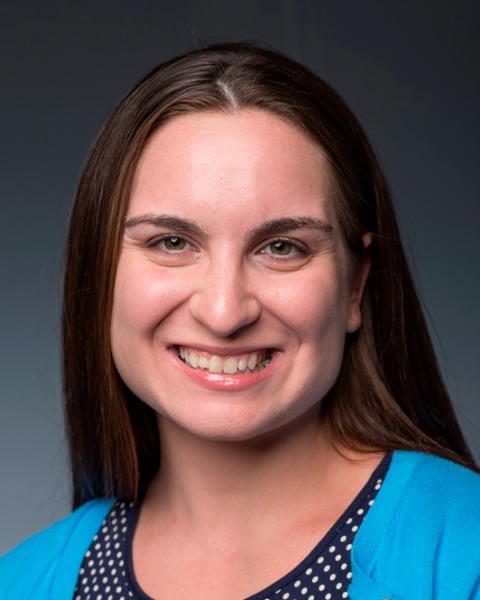Social Research, Policy, and Practice
Providing Dementia Care Across Low-Resource Communities
-
SH
Sarah Holmes, PhD, MSW (she/her/hers)
Assistant Professor
Organizational Systems and Adult Health
University of Maryland School of Nursing
Baltimore, Maryland, United States -
KC
Kirsten Corazzini, PhD, FGSA (she/her/hers)
Dean and Professor
College of Health and Human Services
University of New Hampshire
Durham, New Hampshire, United States -

Allison Gibson, PhD, MSW (she/her/hers)
Associate Professor
Social Work
Saint Louis University
St. Louis, Missouri, United States -

Kate Crary, BS (she/her/hers)
Project Director
Center for Aging and Community Living
University of New Hampshire
Durham, New Hampshire, United States -

Alison Rataj, MSW, MS (she/her/hers)
Project Director
Center on Aging and Community Living
University of New Hampshire
Durham, New Hampshire, United States
Chair(s)
Discussant(s)
Individual Symposium Abstract First Author(s)
The growing number of persons living with dementia (PLWD) require ongoing care and supportive services, but dementia care access and quality are more limited in communities with fewer health resources and these limitations are exacerbated by current dementia care workforce shortages. Across low-resource communities—including poorer urban and rural settings—health resources tend to be limited and PLWD are predominantly socioeconomically disadvantaged and have few personal financial resources to contribute to care provision. Although there is growing evidence about the consequences of care inequities for PLWD, less is known about key issues and opportunities for improving dementia care in low-resource communities. This symposium features presentations that highlight unique social and economic challenges and opportunities for providing dementia care in low-resource communities. The first presenter reports results from a community-based, participatory research study in four long-term care settings in federally designated medically underserved areas (two rural, two urban) that highlights strategies used by long-term care providers to recruit and retain dementia care staff and describes their perspectives on quality dementia care. The second presenter shares findings from an innovative pilot program of case management services to address challenges of PLWD who are living alone in the community through collaboration with local paramedicine services. The third presenter provides an overview of the Person-Centered Options Counseling Certification program with a discussion on strategies for implementing person-centered dementia care initiatives in low-resource communities. This symposium reveals complexities in providing care for PLWD in diverse low-resource communities and generates directions for addressing dementia care inequities.
Learning Objectives:
- 1. Describe strategies used to recruit and retain dementia care staff in low-resource long-term care communities.
- 2. Identify needs of persons with dementia living alone in low-resource communities.
- 3. Describe the competency framework used to guide implementation of person-centered care initiatives.
Presentations:
-
8:00 AM - 9:30 AM ETSupporting Persons Living Alone With Dementia: Findings From a Pilot Study
Individual Symposium Abstract First Author: Allison Gibson, PhD, MSW (she/her/hers) – Saint Louis University
-
8:00 AM - 9:30 AM ETA Framework of Support: The Nursing Home Person-Centered Options Counseling Certification Program
Individual Symposium Abstract First Author: Kate Crary, BS (she/her/hers) – University of New Hampshire
-
8:00 AM - 9:30 AM ETStakeholder Perspectives on Quality Dementia Care in Low-Resource Long-Term Care Settings
Individual Symposium Abstract First Author: Alison C. Rataj, MSW, MS (she/her/hers) – University of New Hampshire
